Revelio Public Labor Statistics (RPLS) — Coming September 4, 2025
Learn More
A Global Talent Acquisition Strategy
Transform your recruitment process by identifying diverse talent across the globe. Save time and money by understanding market trends, discovering niche skills, and expanding your talent search.
Streamline Talent Insights
Analyze supply and demand trends at the company, industry, and geography level to first determine where to focus your talent search efforts. Empowering your Talent Acquisition team with data will make it easy for them to prioritize their efforts and find strategic talent before your competitors.

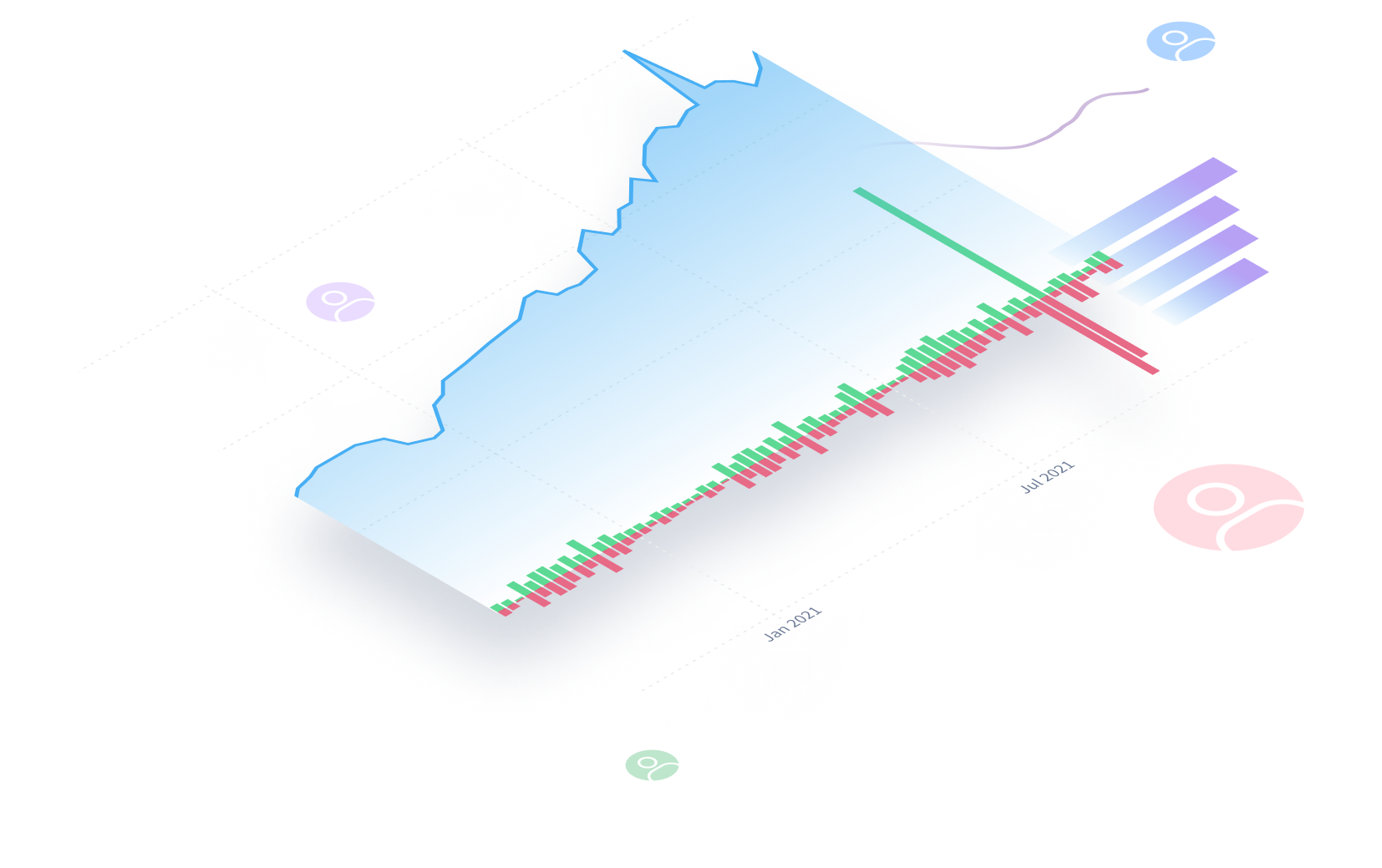

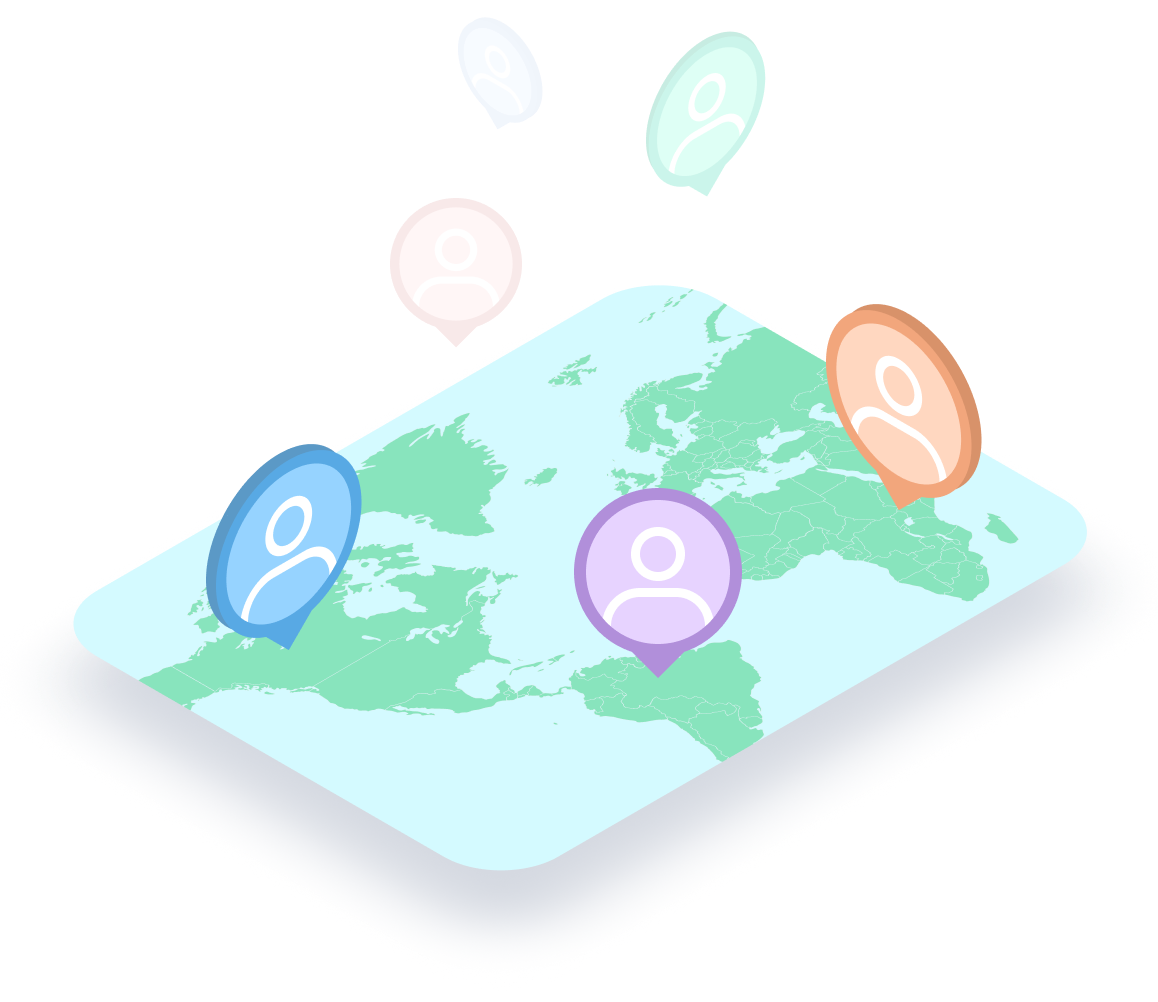
Identify Global Talent
Utilize our flexible and dynamic global HR database to find individual talent that meets your business needs. Search over 750M profiles and resumes by keyword, skill, gender, ethnicity, salary, and more. Check out our Talent Discovery product to explore the platform.
Dynamic Filters
Save your recruiters time by quickly and easily finding talent
Niche Roles
Identify hidden talent pools from a wide variety of sources
Expanded Search
Get ahead of your competitors by accessing global data
Leverage Enriched Data
Asses and prioritize talent utilizing data that is not available on a resume or online profile. Before outreach, know if a candidate will be a good fit or not based on current salary, remote suitability, and more increasing your team’s efficiency.

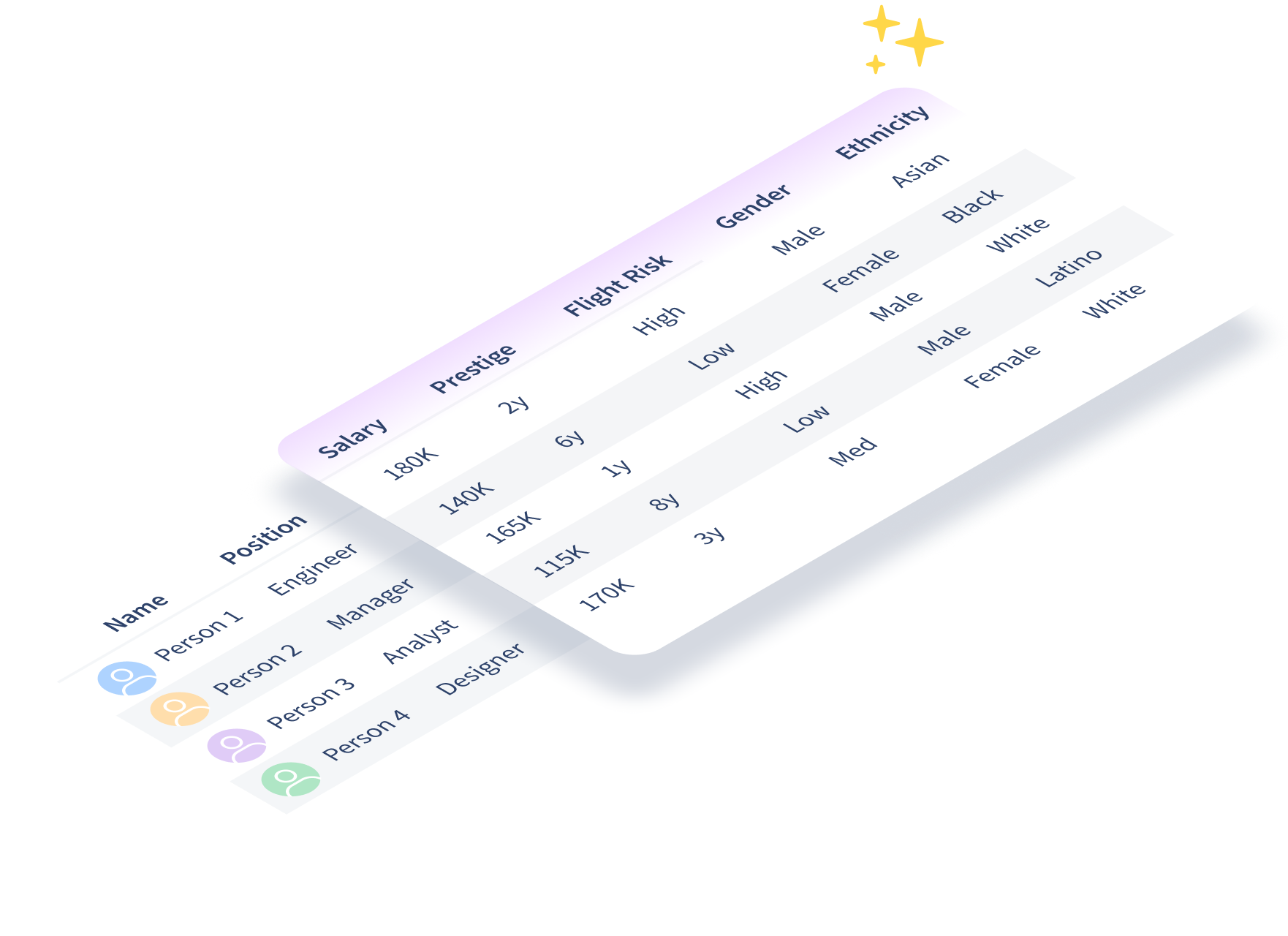
Integrations
Integrate with your HRIS, ATS, and other software
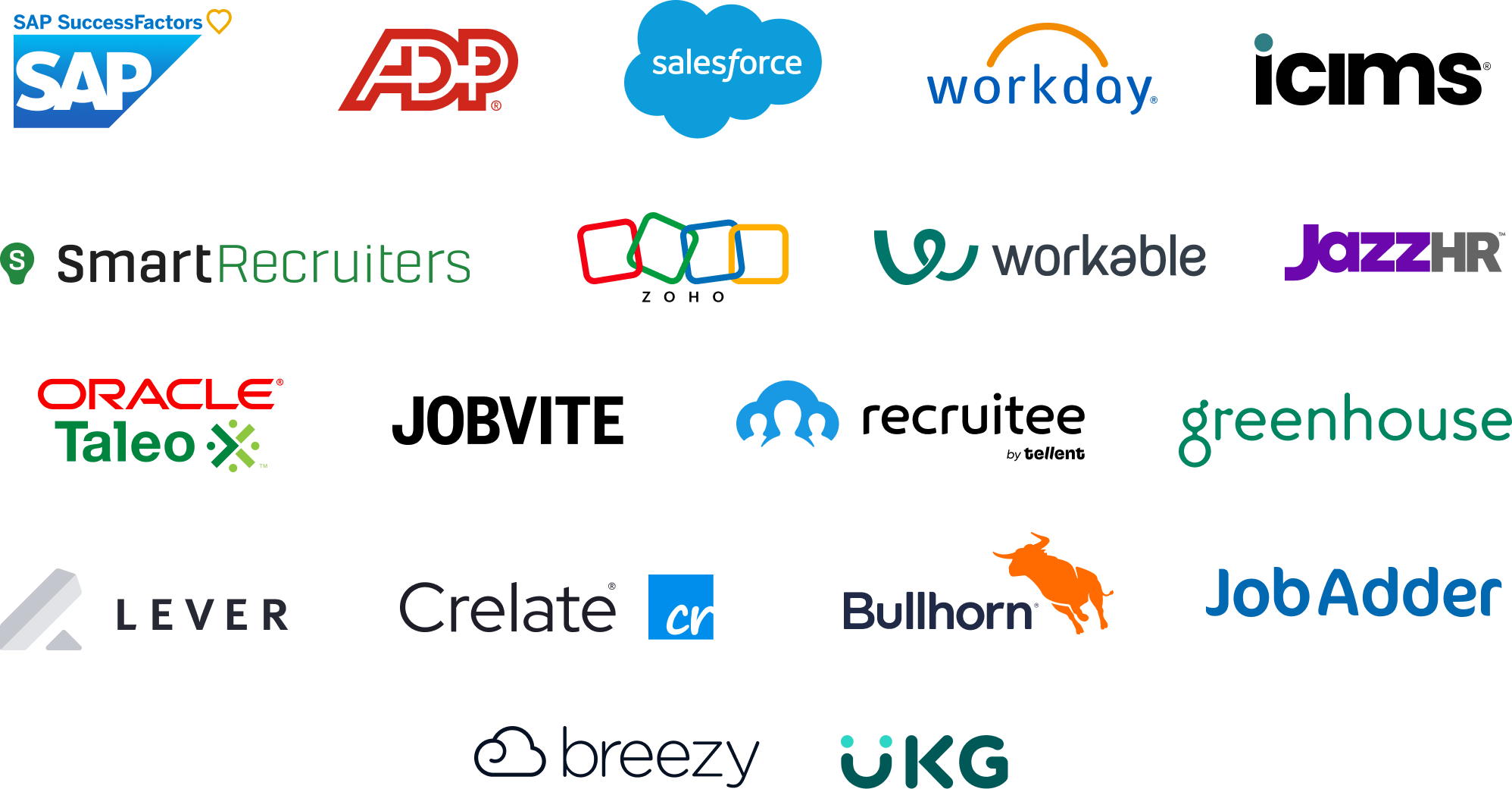

What is Talent Acquisition?
Talent acquisition represents the comprehensive approach to systematically identify, attract, evaluate, and hire qualified candidates to fill job positions within an organization. It involves strategic planning and execution to ensure that the right talent is acquired to meet the current and future needs of the organization. Distinguished from conventional recruiting methodologies, talent acquisition encompasses a multifaceted strategy integrating various elements such as employer branding, candidate experience, and data-driven decision-making. While often used interchangeably with recruiting, talent acquisition extends beyond mere transactional hiring processes, embracing a holistic view aimed at fostering long-term organizational growth.
The talent acquisition process includes a series of stages, spanning weeks or months to secure candidates aligned with organizational objectives. It begins by aligning with hiring managers to develop a clear understanding of role specifications and requisite qualifications. Subsequently, the crafting of compelling job descriptions, strategic candidate sourcing, and meticulous candidate evaluation are pivotal steps in the process. This ensures a seamless transition from talent identification to successful onboarding, encompassing activities such as job posting, sourcing candidates through different channels (e.g., talent intelligent platforms, job boards, social media, professional networks), screening resumes, conducting interviews, assessing candidates' skills and qualifications, negotiating offers, and onboarding new hires.
Effective talent acquisition strategies continually adapt to evolving labor market dynamics and organizational imperatives. From anticipating future staffing needs through talent forecasting to fostering internal mobility and promoting diversity, equity, and inclusion, organizations must remain agile in their approach to talent acquisition. By prioritizing employer branding efforts, optimizing candidate experience, and leveraging data analytics, businesses can optimize recruitment outcomes and cultivate a robust talent pipeline to drive sustained success.